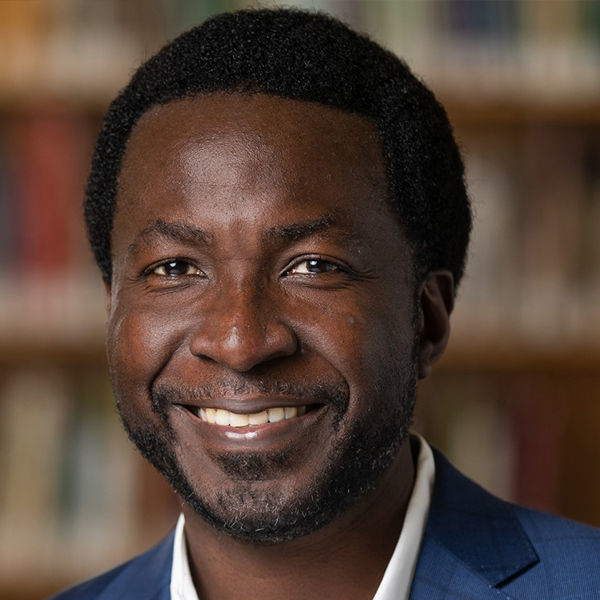Kimani C. Toussaint, Jr.
Brown University

A Case for Convergence Microscopy
The optical microscope has become a remarkably multifunctional platform for sensing, interrogating, and even manipulating materials under study, especially biological materials. Moreover, advances in high-power, table-top laser sources, analog and digital devices for reconfiguring the intrinsic properties of the probe optical field, and as well as ultrasensitive electronic detectors has pushed this centuries-old instrument well-beyond the capabilities originally envisioned. This has spawned an array of imaging modalities, each with its relative strengths and challenges, ranging from enhanced spatial and temporal resolution to enhanced contrast and depth penetration. However, the basic design and footprint of the microscope and its peripheral optical, electronic, and mechanical components and devices severely limits the application space. This talk will make the case for the types of advances in technology and scientific breakthroughs that are needed over the next decade to greatly extend microscopy to applications that require an on-demand convergence of modalities, especially for nonconventional settings, including nonintrusive, freeform biological sensing platforms.
Bio
Kimani C. Toussaint, Jr., Ph.D. is a Professor and Senior Associate Dean in the School of Engineering at Brown University. Prior to joining Brown, Dr. Toussaint was on faculty at the University of Illinois at Urbana-Champaign for 12 years, where he was promoted with distinction to the rank of Professor in the Department of Mechanical Science and Engineering. Dr. Toussaint directs the laboratory for Photonics Research of Bio/nano Environments (PROBE Lab), an interdisciplinary research group which focuses on both developing nonlinear optical imaging techniques for quantitative assessment of biological tissues, and novel methods for harnessing plasmonic nanostructures for light-driven control of matter. He is a recipient several awards and honors including a 2010 NSF CAREER Award, the 2014-2015 Dr. Martin Luther King, Jr. Visiting Associate Professor at MIT, the 2015 Illinois Dean’s Award for Excellence in Research, the 2017 Illinois Everitt Award for Teaching Excellence, and the 2019 Distinguished Promotion Award. Dr. Toussaint is also a Fellow of the OSA and SPIE, and Senior Member in the IEEE. In addition, he served as the PI and inaugural Director of the US National Science Foundation (NSF) Nanomanufacturing (nanoMFG) Node at the University of Illinois at Urbana-Champaign from 2017-2019.